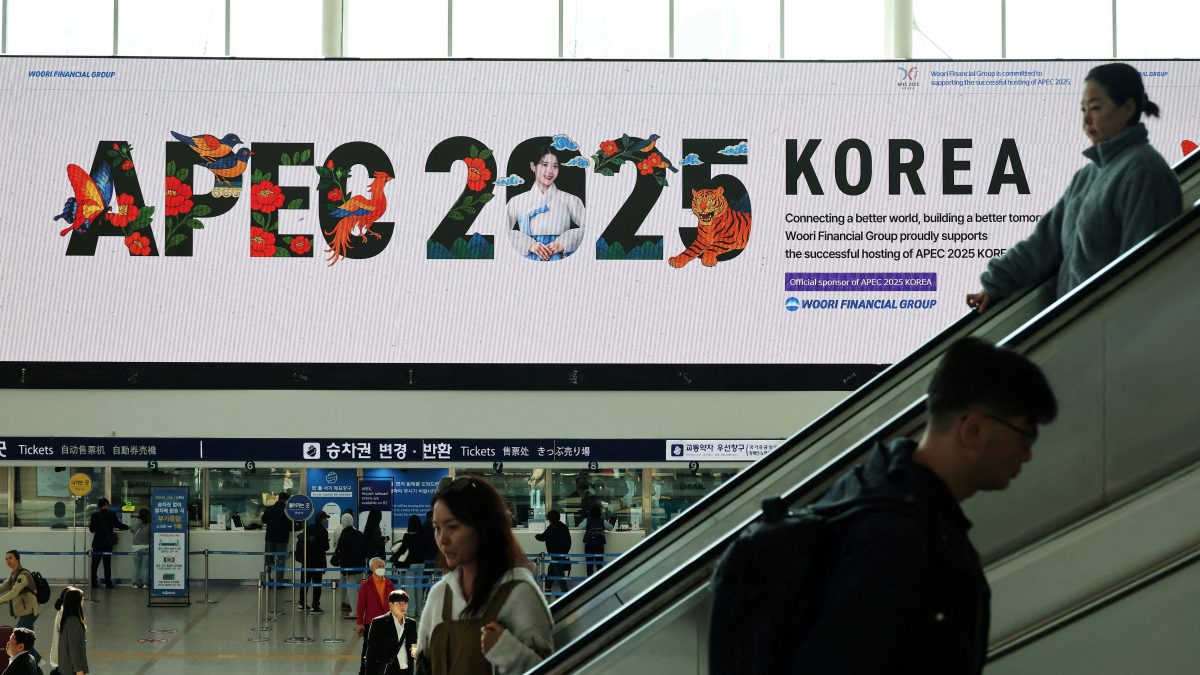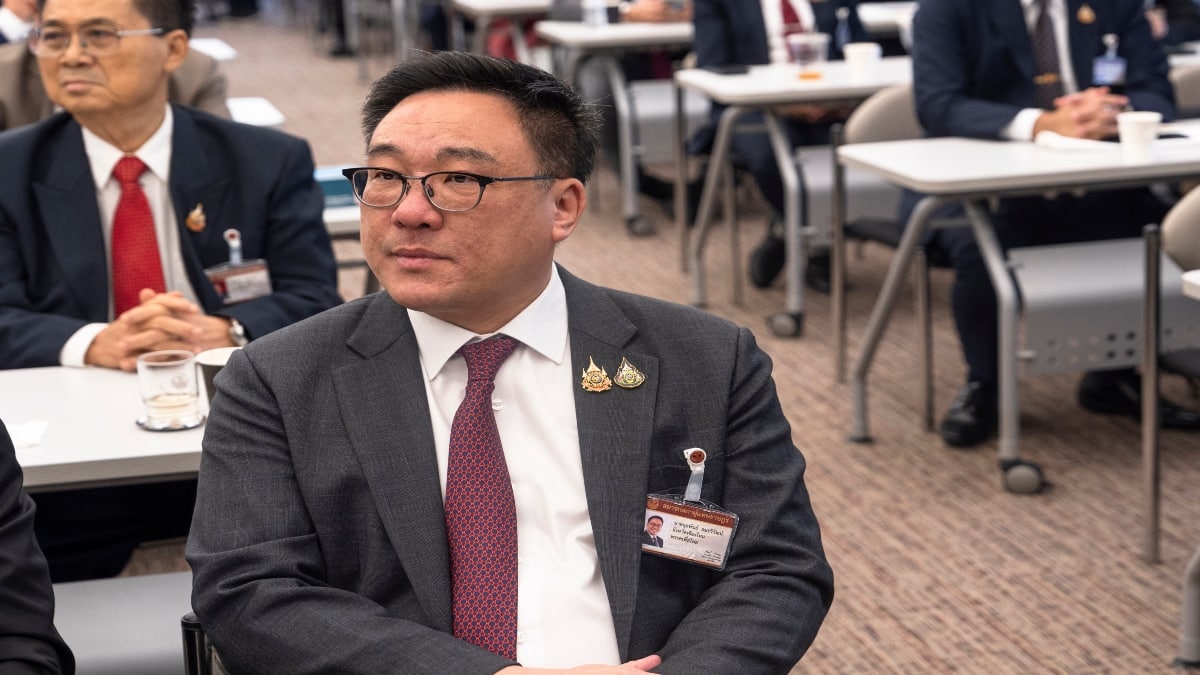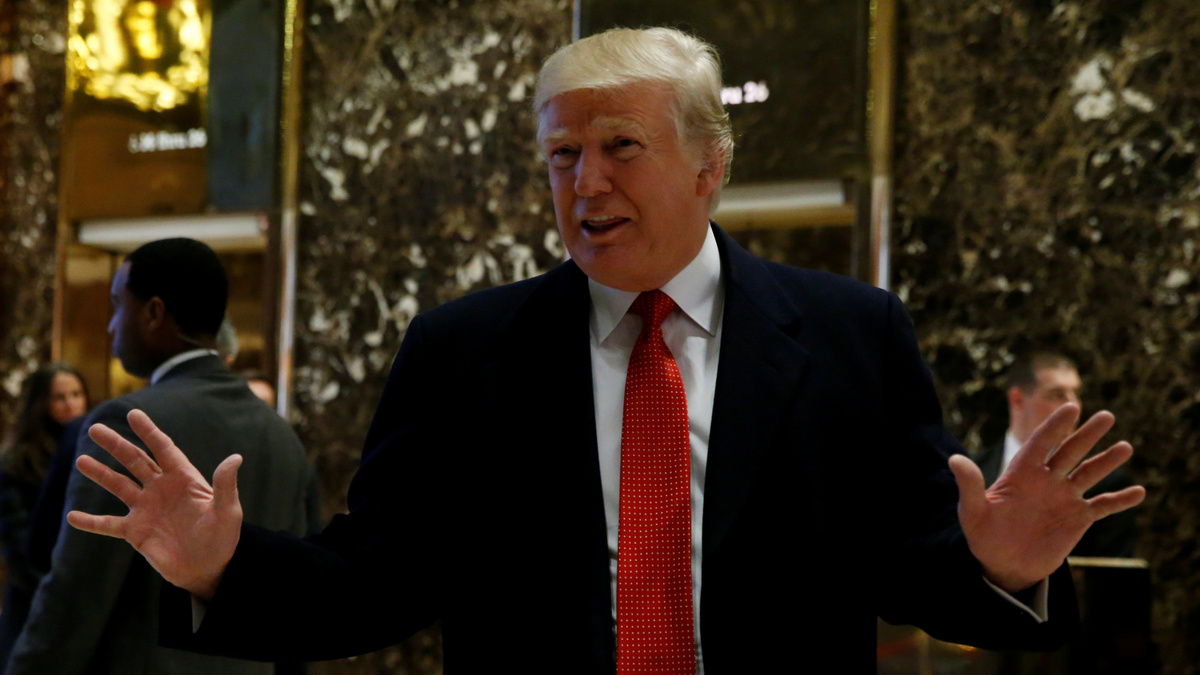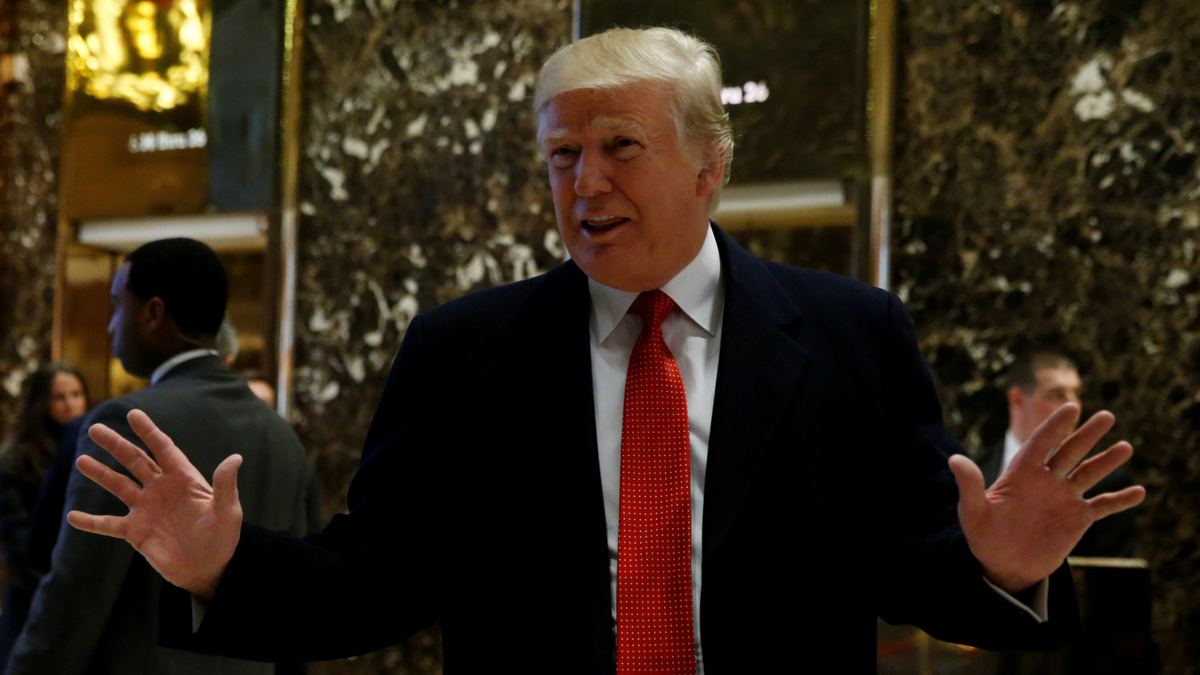Chinese President Xi Jinping is set to meet his South Korean counterpart, Lee Jae Myung, on Saturday, as both countries seek closer ties amid Seoul’s sprawling relationship with the US.
The Xi-Lee talks will be held on the sidelines of the Asia-Pacific Economic Cooperation (Apec) Summit. It will follow the talks both leaders had with US President Donald Trump earlier this week. Both Xi and Lee discussed ways to improve their respective relationships with Washington as they met Trump.
However, ties between Beijing and Seoul are weak in terms of economic and trade links, leaving South Korea increasingly vulnerable to US-China tensions. Rising local competition and the long shadow of a US missile defence dispute have made it difficult for some South Korean firms to succeed in China.
This is Xi’s first trip to South Korea in 11 years and Lee’s first meeting with the Chinese leader since he assumed office. Lee’s predecessor, Yoon Suk Yeol, pushed for greater military ties with the US and Japan to counter threats from North Korea. But the current president is adopting a more balanced approach in maintaining ties.
Seoul losing its market in China
Maintaining that balance has grown increasingly difficult. Recently, China imposed sanctions on the US units of Hanwha Ocean Co. after the South Korean shipbuilder announced plans to invest in the American maritime industry. In an interview with Bloomberg News, Lee voiced regret over Beijing’s decision but emphasised that South Korea cannot afford confrontation with China.
South Korea’s trade landscape has undergone a significant shift. The country now enjoys a widening trade surplus with the United States, but its former surplus with China has turned into a steady deficit as Chinese companies climb the value chain and grow more competitive.
Impact Shorts
More ShortsA major setback came when Korean automakers saw their sales in China collapse following Beijing’s backlash over Seoul’s decision nearly a decade ago to deploy the US THAAD missile defence system. The decline deepened during the COVID-19 pandemic, as Chinese consumers increasingly favoured domestically produced electric vehicles.


)

)
)
)
)
)
)
)
)



